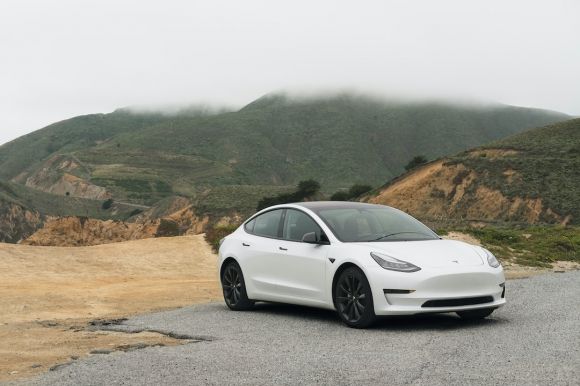As technology continues to advance at an unprecedented rate, the future of transportation is set to undergo significant transformations. From self-driving cars to the revolutionary Hyperloop, the way we move from one place to another is on the brink of a major revolution. In this article, we will explore these exciting developments and their potential impact on our daily lives.
The Rise of Self-driving Cars
Self-driving cars have been a topic of fascination and speculation for quite some time now. With major companies like Tesla, Google, and Uber investing heavily in autonomous vehicle technology, it is clear that this is not merely a passing trend. The promise of self-driving cars lies in their ability to enhance safety, reduce traffic congestion, and increase accessibility for individuals who are unable to drive. As these vehicles become more advanced and regulations catch up, we can expect to see self-driving cars becoming a common sight on our roads within the next decade.
The Challenges Ahead
While self-driving cars bring about a host of benefits, there are also significant challenges that need to be addressed. One of the biggest concerns is ensuring the safety of these vehicles, as even a single accident involving a self-driving car could have far-reaching consequences for public perception and acceptance. Additionally, there are legal and ethical considerations that need to be taken into account, such as determining liability in the event of an accident.
The Hyperloop: The Future of High-speed Transportation
Another exciting development in transportation is the Hyperloop, a concept first proposed by Elon Musk in 2013. The Hyperloop is a high-speed transportation system that uses low-pressure tubes to transport passengers at speeds of up to 700 miles per hour. This revolutionary mode of transportation has the potential to transform long-distance travel, making it faster, more efficient, and environmentally friendly. Several companies, including Virgin Hyperloop and SpaceX, are currently working on developing functional prototypes and bringing the Hyperloop to reality.
Overcoming Challenges in Hyperloop Implementation
While the Hyperloop holds great promise, there are numerous challenges that need to be overcome before it can become a viable form of transportation. One of the main hurdles is the development of the infrastructure required to support the Hyperloop system, including the construction of the low-pressure tubes and stations. Additionally, issues such as passenger safety, regulatory approvals, and addressing potential environmental concerns need to be carefully addressed to ensure the success of this transformative technology.
The Integration of Self-driving Cars and Hyperloop
While self-driving cars and the Hyperloop may seem like separate entities, they have the potential to complement each other in the future of transportation. Imagine a world where self-driving cars seamlessly transport passengers to Hyperloop stations, where they can then travel long distances at incredible speeds. This integration could revolutionize the way we travel, making it faster, safer, and more efficient than ever before.
Conclusion: Embracing the Future
In conclusion, the future of transportation holds immense potential for innovation and transformation. Self-driving cars and the Hyperloop are just two examples of the exciting developments that await us. As society embraces these advancements, it is crucial to address the challenges they present and ensure that they are implemented in a way that benefits everyone. By doing so, we can look forward to a future where transportation is not only more efficient but also more environmentally friendly and accessible to all.
